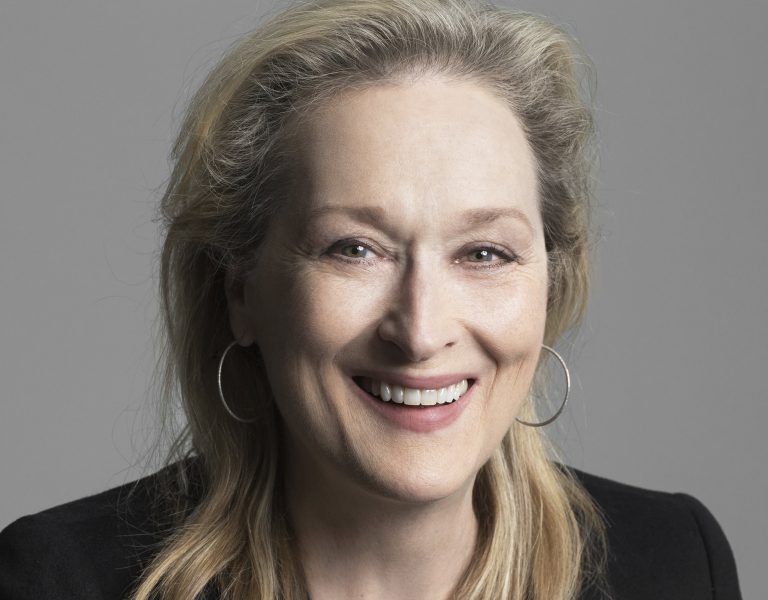
The board of the European Film Academy has unanimously decided that from the upcoming elections in 2023 onwards, representatives will be chosen from 15 regions in Europe.
The defined regions, each comprising different countries, reflect the realities of modern Europe and give a fairer and more equal distribution of voices from all over Europe within the board. The restructuring will take place in two stages, allowing current board members elected in December 2022 for a two-year period to finish their mandate until the end of 2024.
Additionally, one of the current board seats is made available for a transnational ethnic representative, and Academy members belonging to either the Sámi and/or Roma populations in Europe will be eligible to be elected. The European Film Academy has extensively spoken with representatives of these populations in the past year to define the best ways to include filmmakers from these underrepresented groups. In mutual agreement, the first mandate for this seat will be for an elected member from the Sámi population.
The board of the European Film Academy consists of 19 members, including one Chair and two Deputy Chairs. The Chair and Deputy Chairs do not represent any region or population in their function.
“These changes will make for a more diverse and more democratically representative board to serve the European Film Academy,” says the European Film Academy’s Chair of the board, Mike Downey. “We are making a number of structural changes to the way the Academy is run, in order to bring it up to date with contemporary best practices, and this is just one of the changes which will help us serve our membership better, and provide a voice for some of those territories which have occasionally been marginalised or sidelined, not through any malign will, but simply by virtue of their geo-political location. In making these changes we will now rectify and recalibrate and the Academy will emerge stronger, more inclusive and fit for purpose for 2023 and years to come.”
Matthijs Wouter Knol, CEO and Director of the European Film Academy adds: “Making sure we serve our Academy members better, is an important aim of the European Film Academy. Therefore, including members from different regions of Europe that haven’t been part much in the workings of the Academy is a great step forward. It also forms part of making the organisation more sustainable, ensuring its future and its ongoing support by members from all the 52 countries we work in.”
The 15 new regions have been defined by the board of the Academy as follows and will all have one representative in the board from 2024 or 2025 onwards:
- Albania, Bosnia and Herzegovina, Croatia, Kosovo, Montenegro, North Macedonia, Serbia, Slovenia
- Austria, Germany, Switzerland, Liechtenstein (as of 2025, after current mandates end)
- Belarus, Kazakhstan, Russia (as of 2025)
- Belgium, Luxembourg, Netherlands
- France, Monaco
- Ireland, UK
- Italy, Malta, San Marino
- Poland, Ukraine
- Andorra, Portugal, Spain
- Turkey, Azerbaijan, Palestine
- Bulgaria, Moldova, Romania
- Armenia, Cyprus, Georgia, Greece, Israel
- Czech Republic, Hungary, Slovakia
- Denmark, Finland, Greenland, Iceland, Norway, Sweden
- Estonia, Latvia, Lithuania
And one additional seat for
- transnational ethnic representation (current eligible groups: Sámi population and Roma population
With a two-year transition to a new board structure through the upcoming elections in 2023 and 2024, the European Film Academy will continue to enable all its members to nominate themselves as a candidate for the region they live and work in. Members of the board are elected by all members of the European Film Academy registered to vote. The first step is a six-week self-nomination period, starting in mid-August. During the second part – the board elections which begin in October – the members have another six weeks to elect or re-elect the new board members who are announced at the Academy’s general assembly in early December and take up their mandates in January.
The board of the European Film Academy has taken its decision after ample consideration and with the wish to reflect the reality of Europe today. The countries or regions board members were selected from until 2022 were defined when the European Film Academy was established in 1989. With the changes, most specifically Eastern and Southeastern European members will now be directly represented through a board member from their region or representing a transnational ethnic population in Europe.
The European Film Academy works in 52 European countries including Israel and Palestine. Currently, 25% of the board members represent all 30 Eastern and Southeastern European countries. With the restructuring of the board completed by 2025, this will be 50% of the board seats. The last time changes in the board structure were made was in 2018, when the maximum duration of mandates for positions within the board was limited to 6 years.
The board of the European Film Academy has counted numerous important figures from the European film industry, including Brenda Blethyn, Francis Boespflug, Roberto Cicutto, Adriana Chiesa di Palma, Tilde Corsi, Ildikó Enyedi, Nina Hoss, Agnès Jaoui, Ben Kingsley, Cédric Klapisch, Cedomir Kolar, Dieter Kosslick, Dušan Makavejev, Margaret Ménégoz, Paweł Pawlikowski, Nik Powell, Marek Rozenbaum, Volker Schlöndorff, Ettore Scola, Jim Sheridan, István Szabó, Bertrand Tavernier, Vibeke Windeløv, Krzysztof Zanussi, and Andrzej Żuławski. The roles and responsibilities of the Academy board centre on decision-making on the annual regulations for film entries for the European Film Awards, on the Academy Selection. It validates the nominations for all categories of the European Film Awards. In three board meetings throughout the year, strategic planning under the leadership of the Academy CEO and Director is discussed and confirmed.
Since the beginning in 1989, the European Film Academy has named a filmmaker as its President, an honorary function representing the outstanding quality and character of European cinema. The President is not part of the board. Swedish director Ingmar Bergman was chosen to act as the Academy’s first President. In 1996, he was followed by German director Wim Wenders, and in 2021 by Polish filmmaker Agnieszka Holland.



















